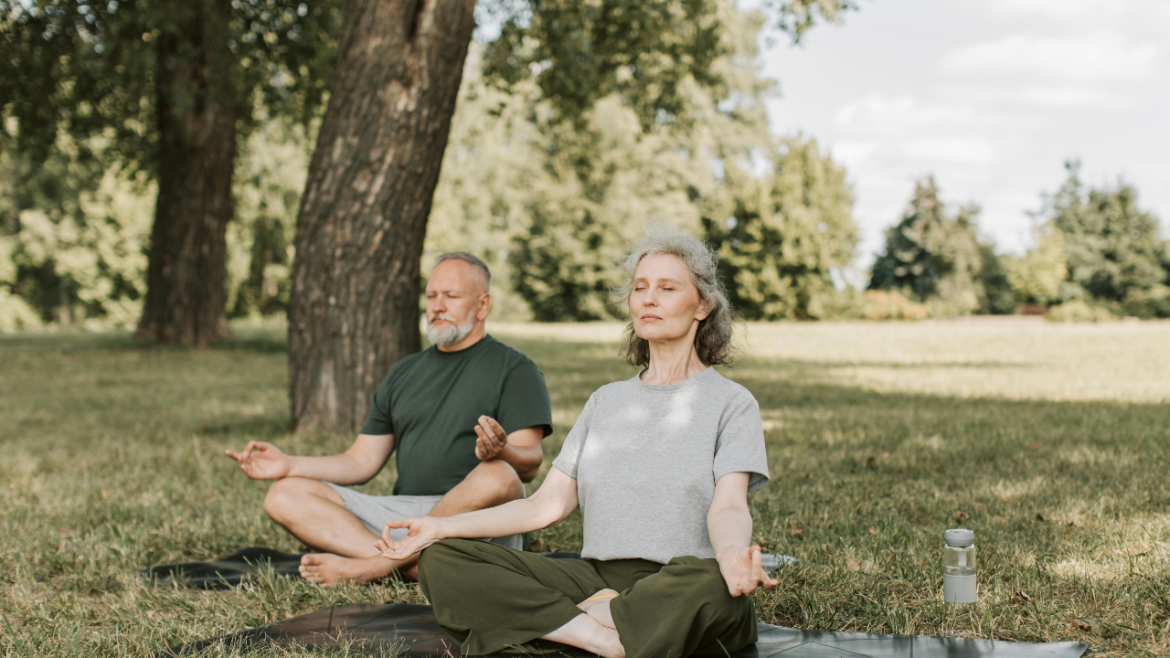Did you know that Leading Edge Senior Care has a Dementia Support Group? We meet monthly in Mesa. For more details <click here>
Coping Strategies For Seniors Facing Trauma
Coping Strategies For Seniors Facing Trauma
Trauma can deeply affect elderly adults, causing emotional distress and impacting their overall well-being. It’s essential to recognize that trauma can result from various experiences, including accidents, natural disasters, or the loss of a loved one.
Recognizing the Signs of Trauma
Identifying signs of trauma in elderly adults is crucial. Look for changes in behavior, sleep disturbances, and increased anxiety. Some may withdraw from social activities, while others may become irritable or easily startled. It’s essential to observe these signs and offer support and understanding.
Importance of Coping Strategies
Coping strategies play a vital role in helping elderly adults navigate through trauma and regain a sense of stability. These strategies can vary depending on the individual and the nature of the trauma. However, having effective coping mechanisms in place can significantly improve the recovery process.
Building a Supportive Environment
Creating a supportive environment is key. Encourage open communication and offer a listening ear to validate their feelings. Let them know that it’s okay to talk about their experiences and that they are not alone. Providing emotional support can help reduce feelings of isolation and promote healing.
Encouraging Social Connections
Maintaining social connections can provide comfort and support. Encourage elderly adults to engage with friends, family, or support groups. Being around others who understand and empathize with their experiences can help reduce feelings of loneliness and provide a sense of belonging.
Expressing Emotions
Encourage elderly adults to express their emotions freely. Bottling up feelings of anger, sadness, or fear can prolong the healing process. Encourage them to talk about their experiences or express themselves through creative outlets like art or writing. Expressing emotions can help release pent-up tension and promote emotional healing.
Engaging in Relaxation Techniques
Teach relaxation techniques such as deep breathing exercises or mindfulness meditation to help reduce stress and promote relaxation. These techniques can help elderly adults cope with feelings of anxiety or tension and provide a sense of calmness and tranquility.
Seeking Professional Help
Encourage elderly adults to seek professional help if needed. Therapy or counseling can provide valuable support and guidance in coping with trauma. A trained therapist can offer techniques and strategies tailored to their individual needs and help them work through their emotions in a safe and supportive environment.
Encouraging Physical Activity
Regular physical activity can help reduce stress and improve mood. Encourage activities like walking, yoga, or tai chi, which can promote relaxation and physical well-being. Exercise releases endorphins, which are natural mood boosters and can help elderly adults feel more energized and positive.
Fostering a Sense of Purpose
Encourage elderly adults to engage in activities that give them a sense of purpose and fulfillment, such as volunteering or pursuing hobbies. Having something meaningful to focus on can distract from negative thoughts and feelings and provide a sense of accomplishment and satisfaction.
Providing Reassurance and Comfort
Offer reassurance and comfort to elderly adults during difficult times. Let them know they are not alone, and that support is available. Be patient and understanding, and provide a safe space for them to express themselves without judgment or criticism. Your presence and empathy can make a world of difference in their healing journey.
Conclusion
In conclusion, coping with trauma can be challenging for elderly adults, but with the right support and coping strategies, they can navigate through difficult times and find healing.
By creating a supportive environment, encouraging social connections, and providing reassurance and comfort, we can help elderly adults cope with trauma and regain a sense of well-being.

